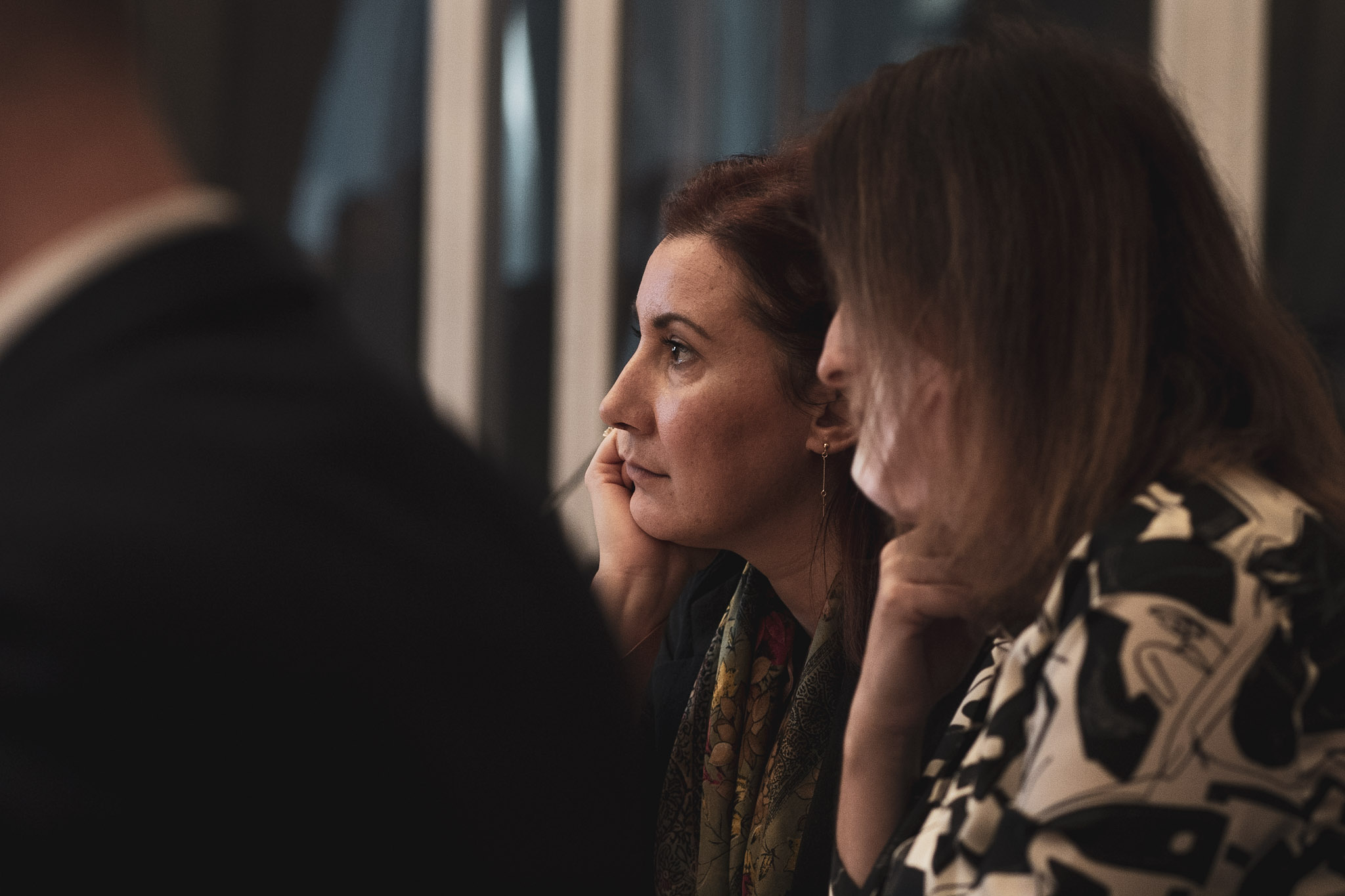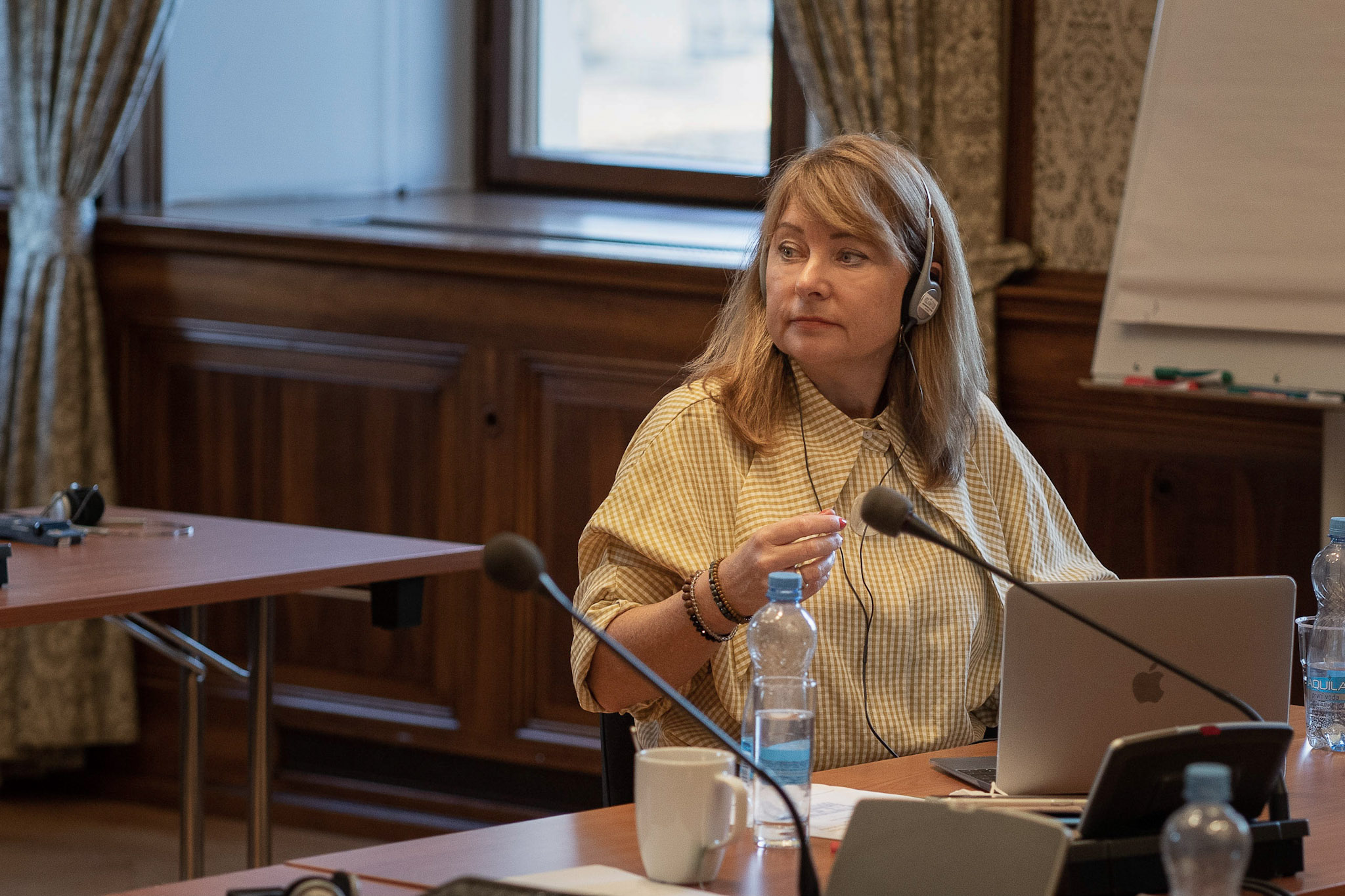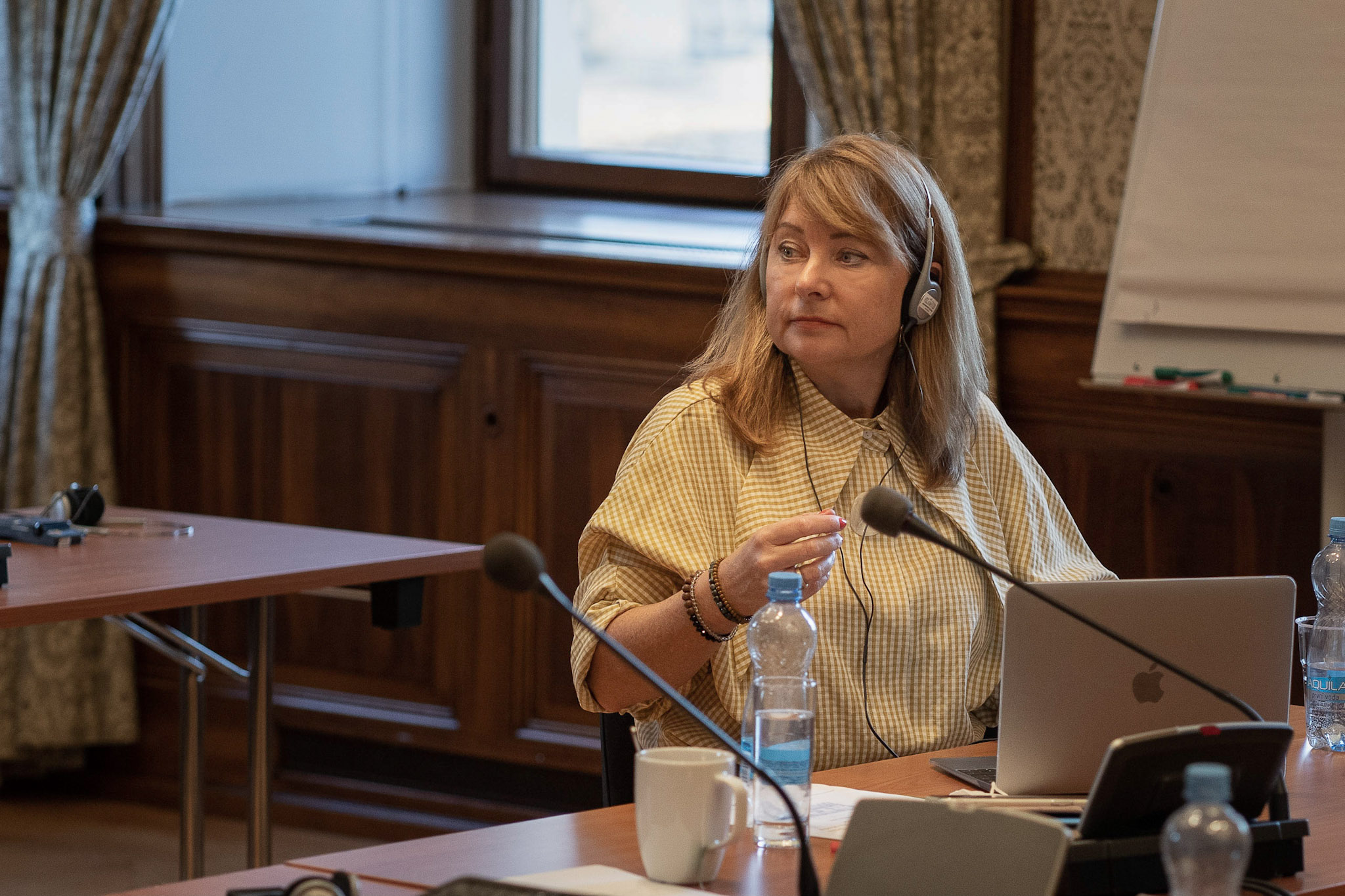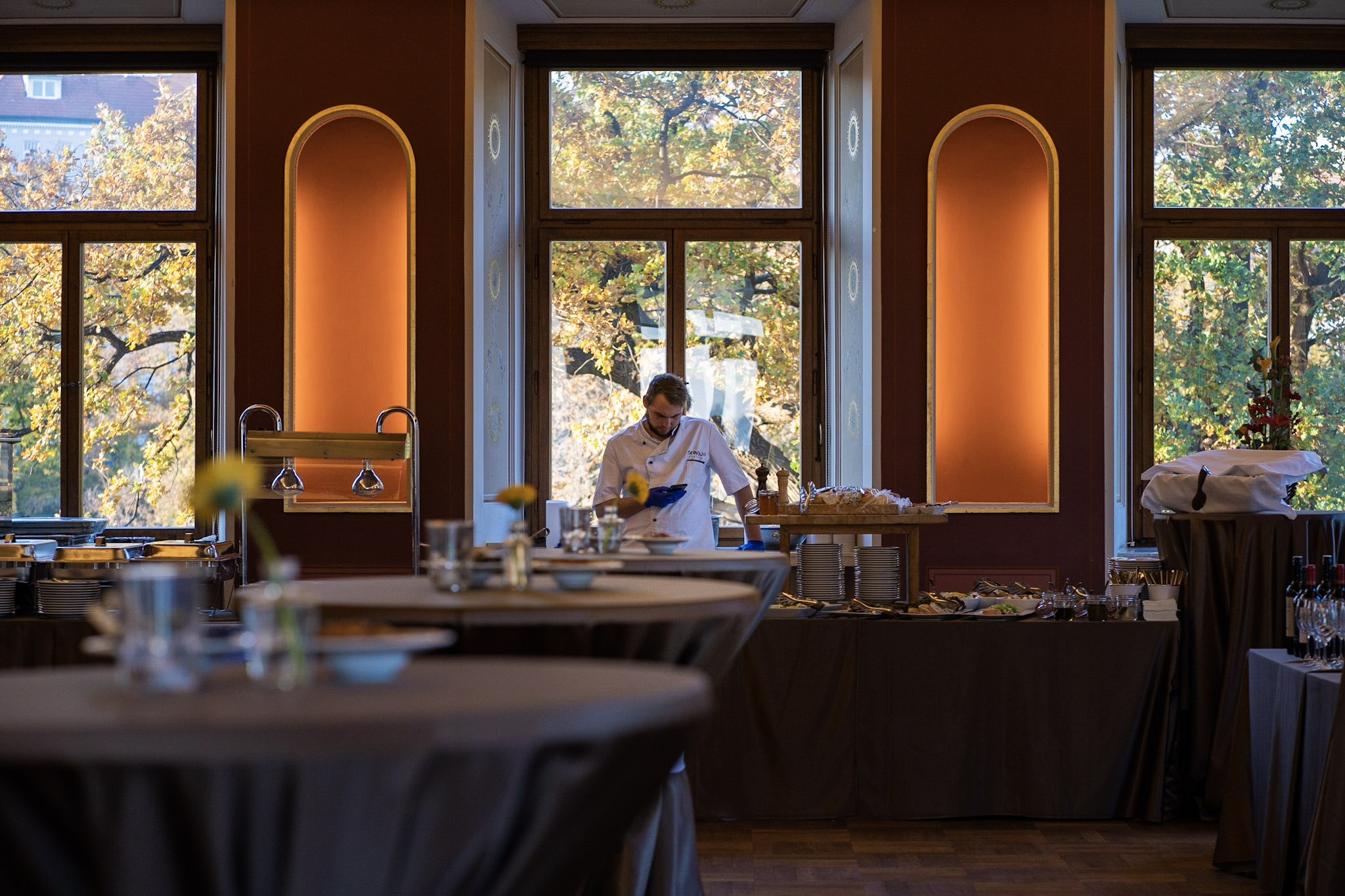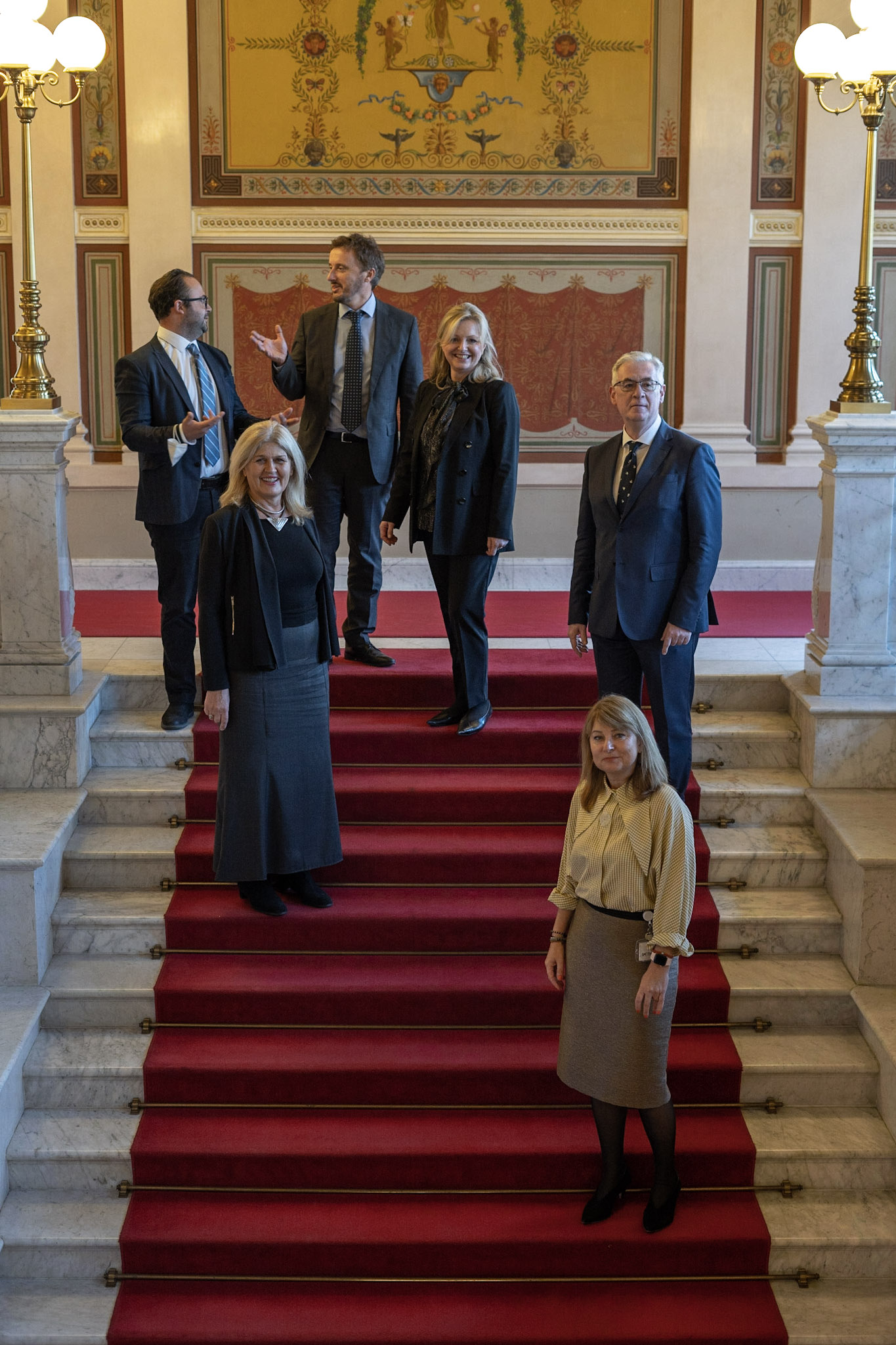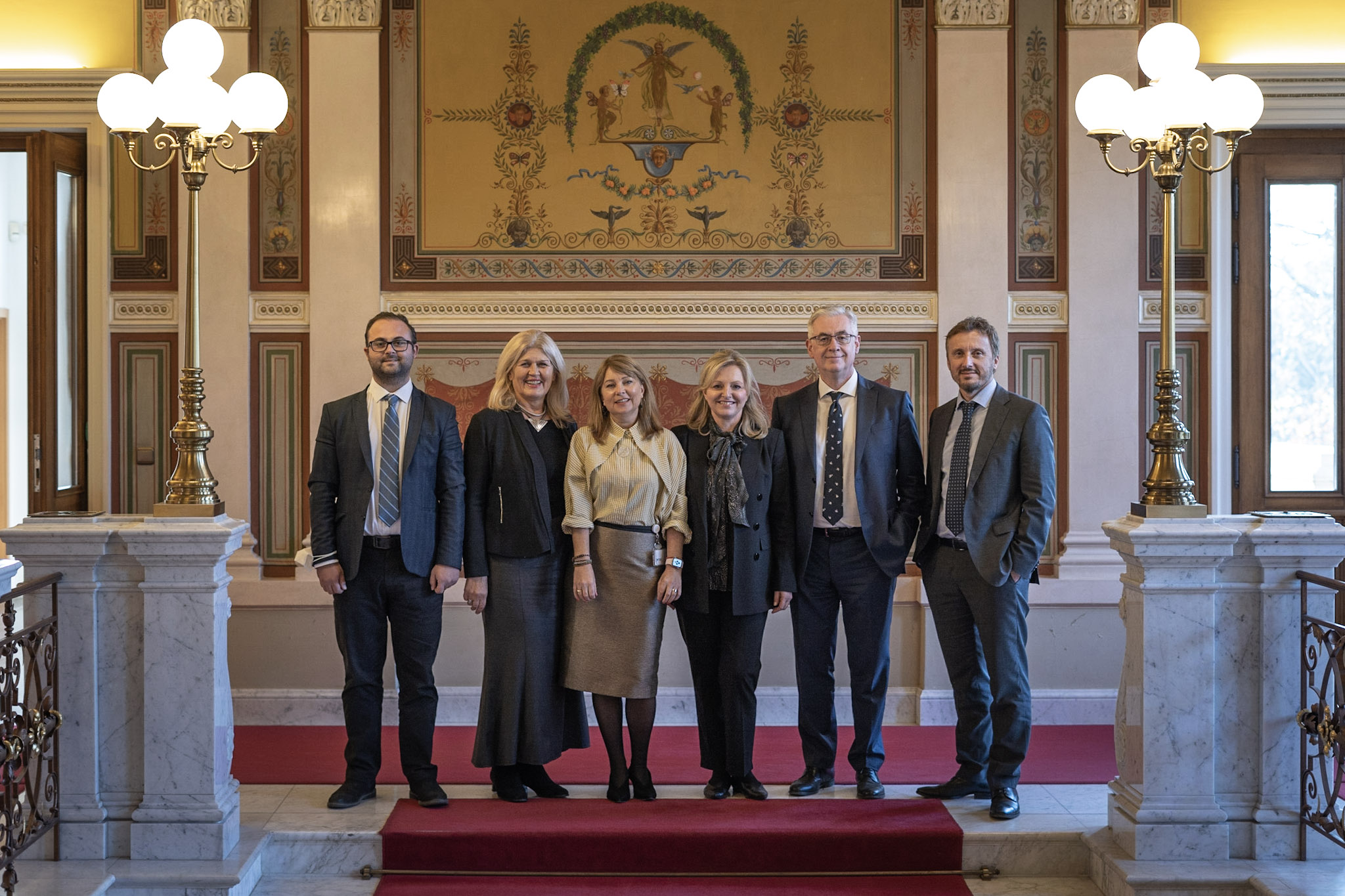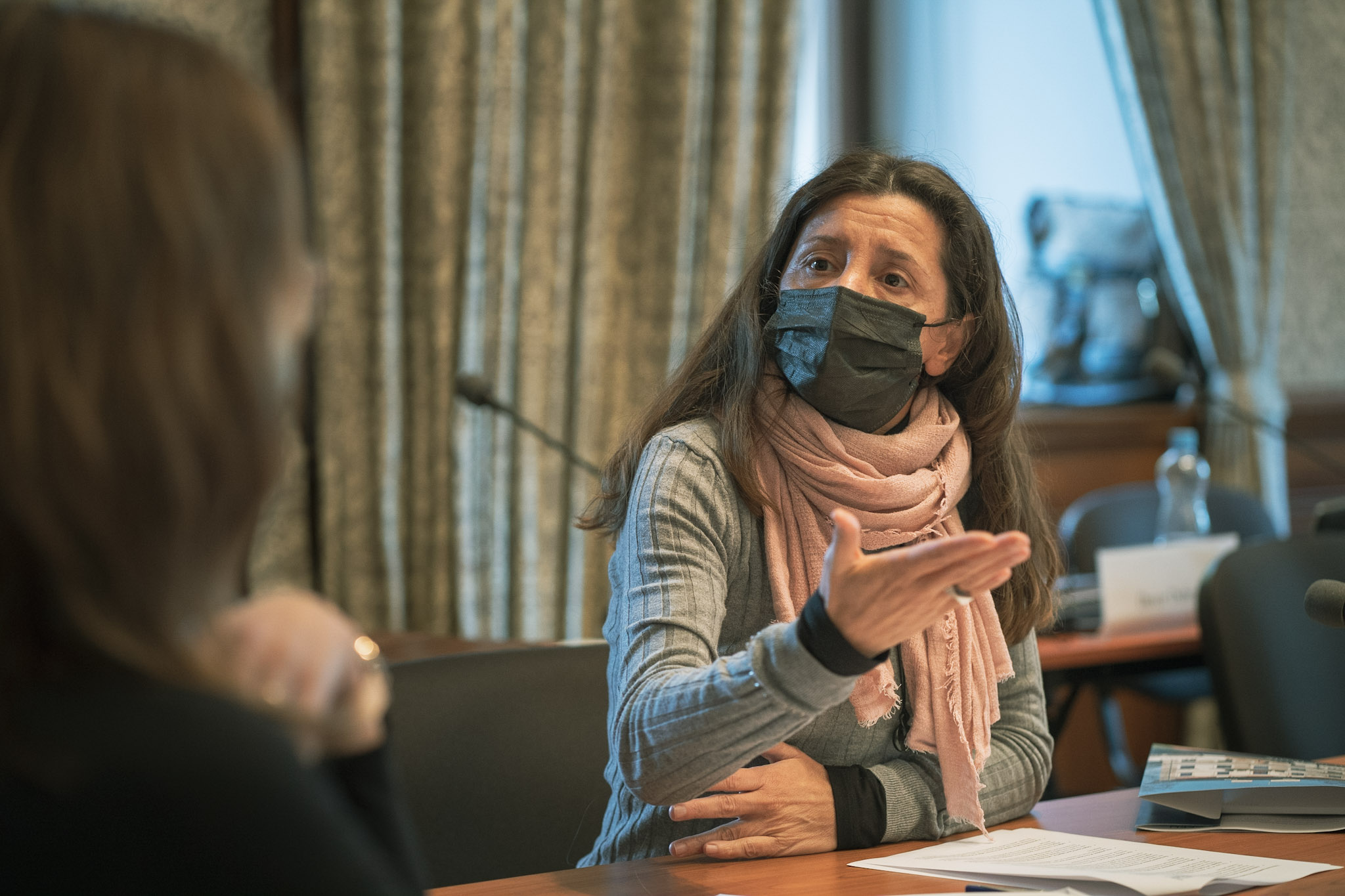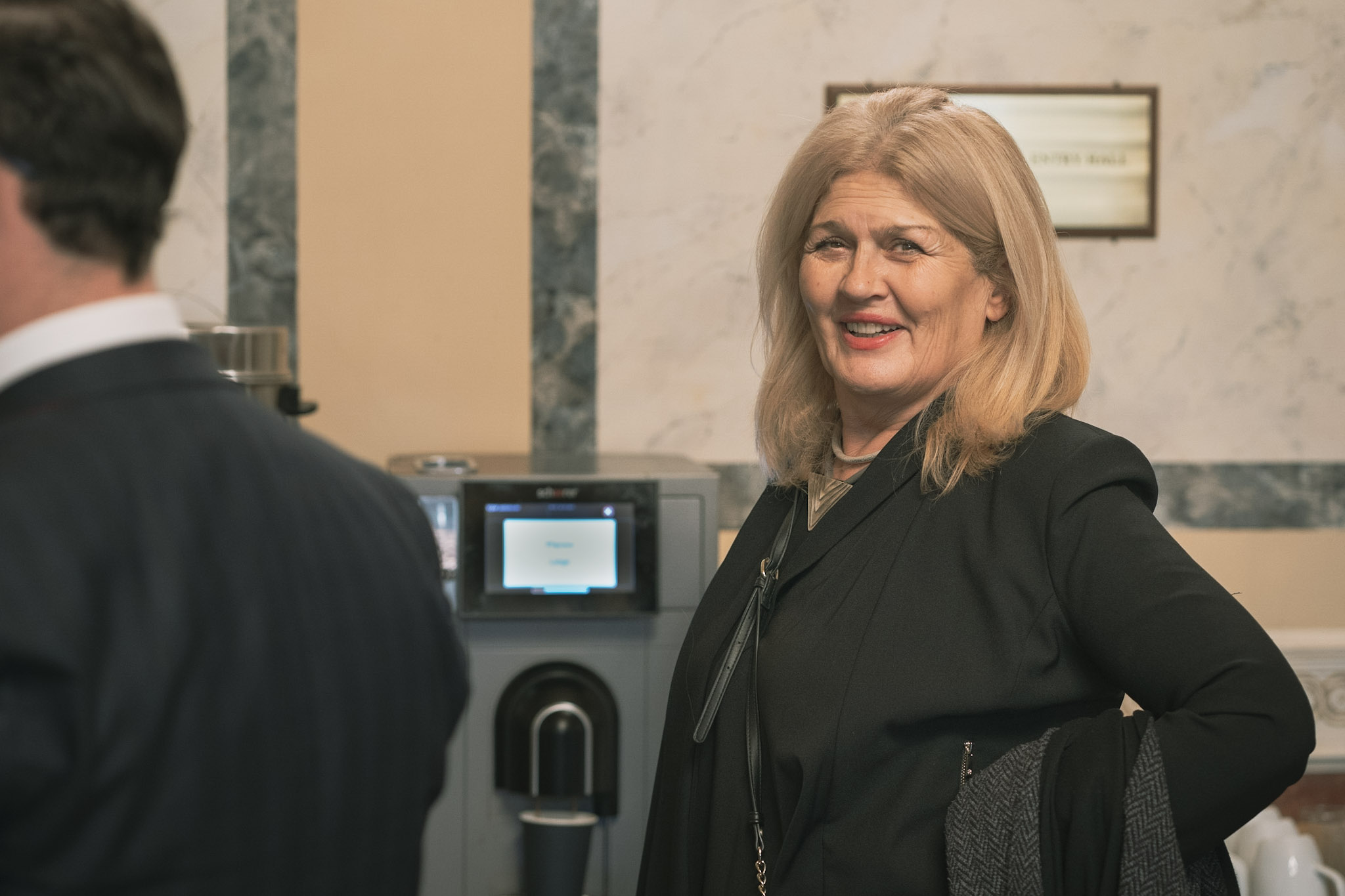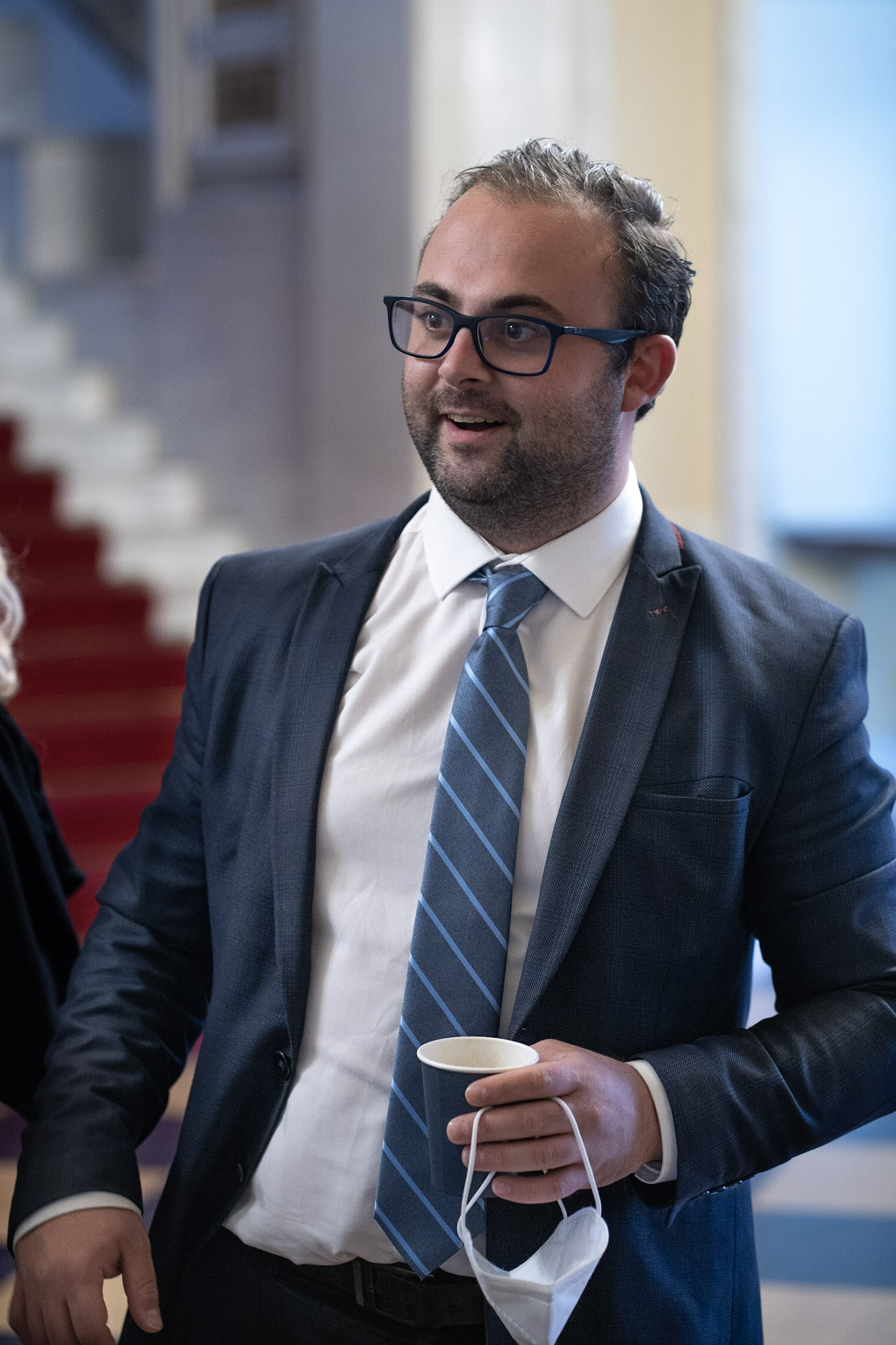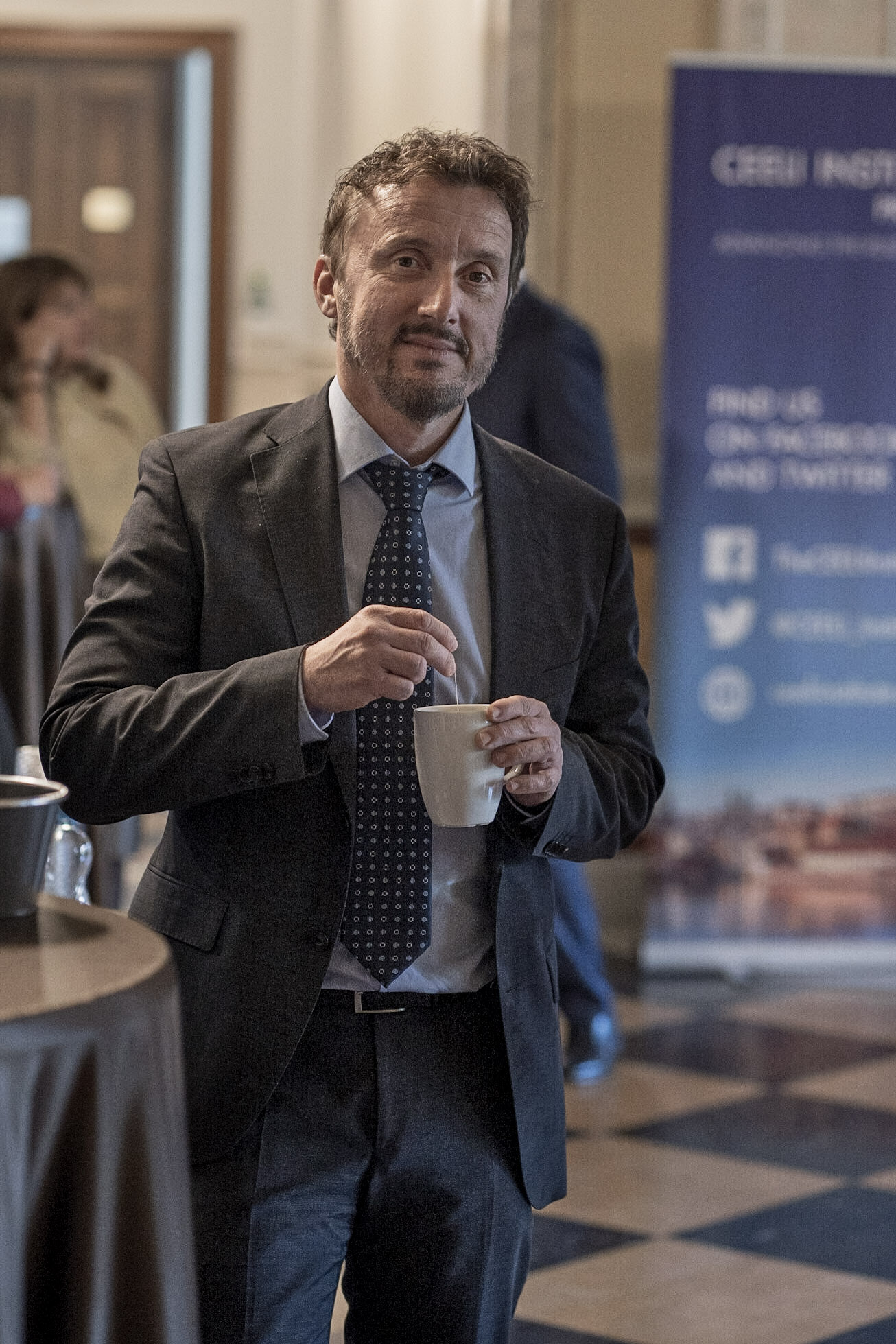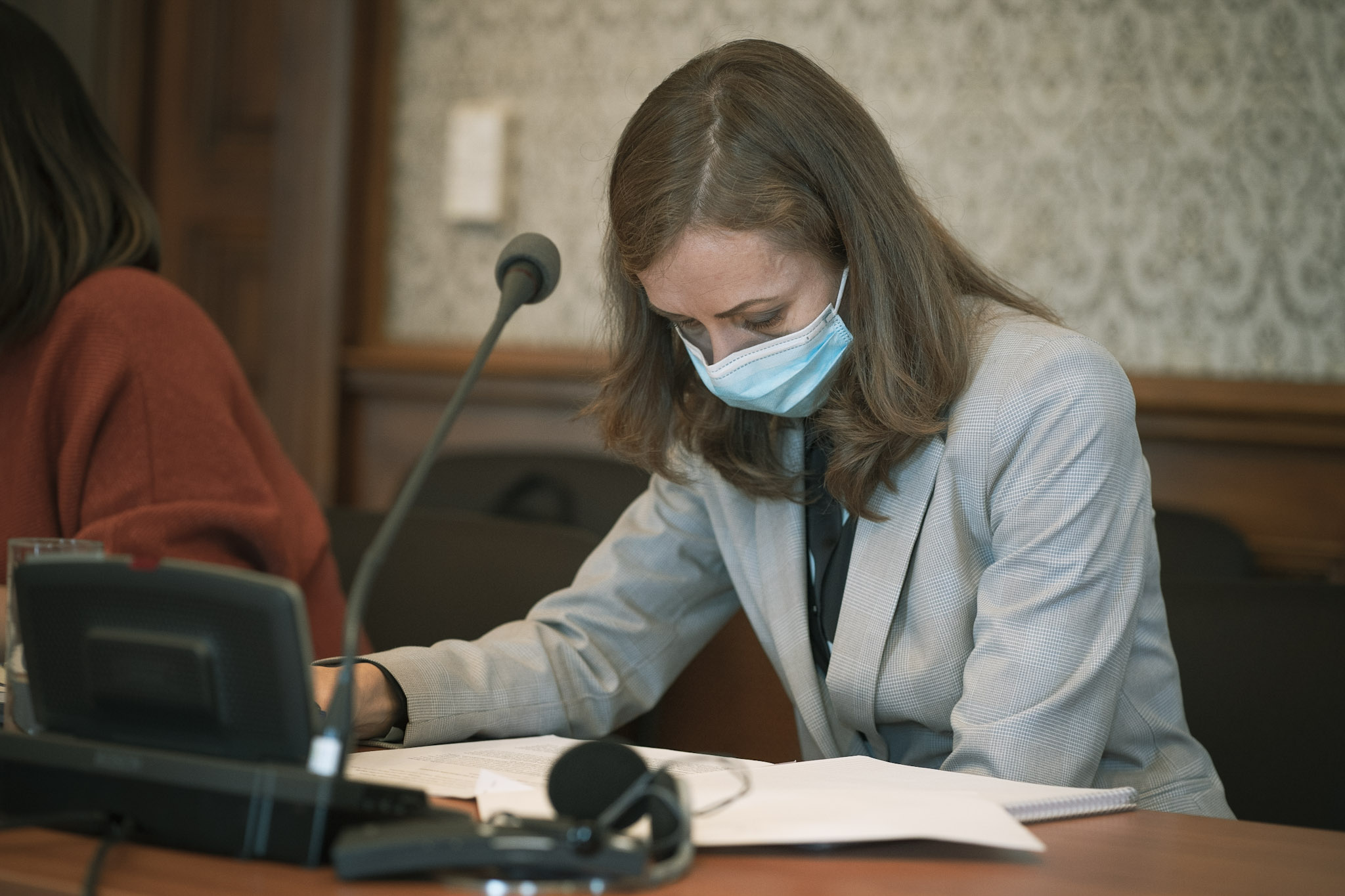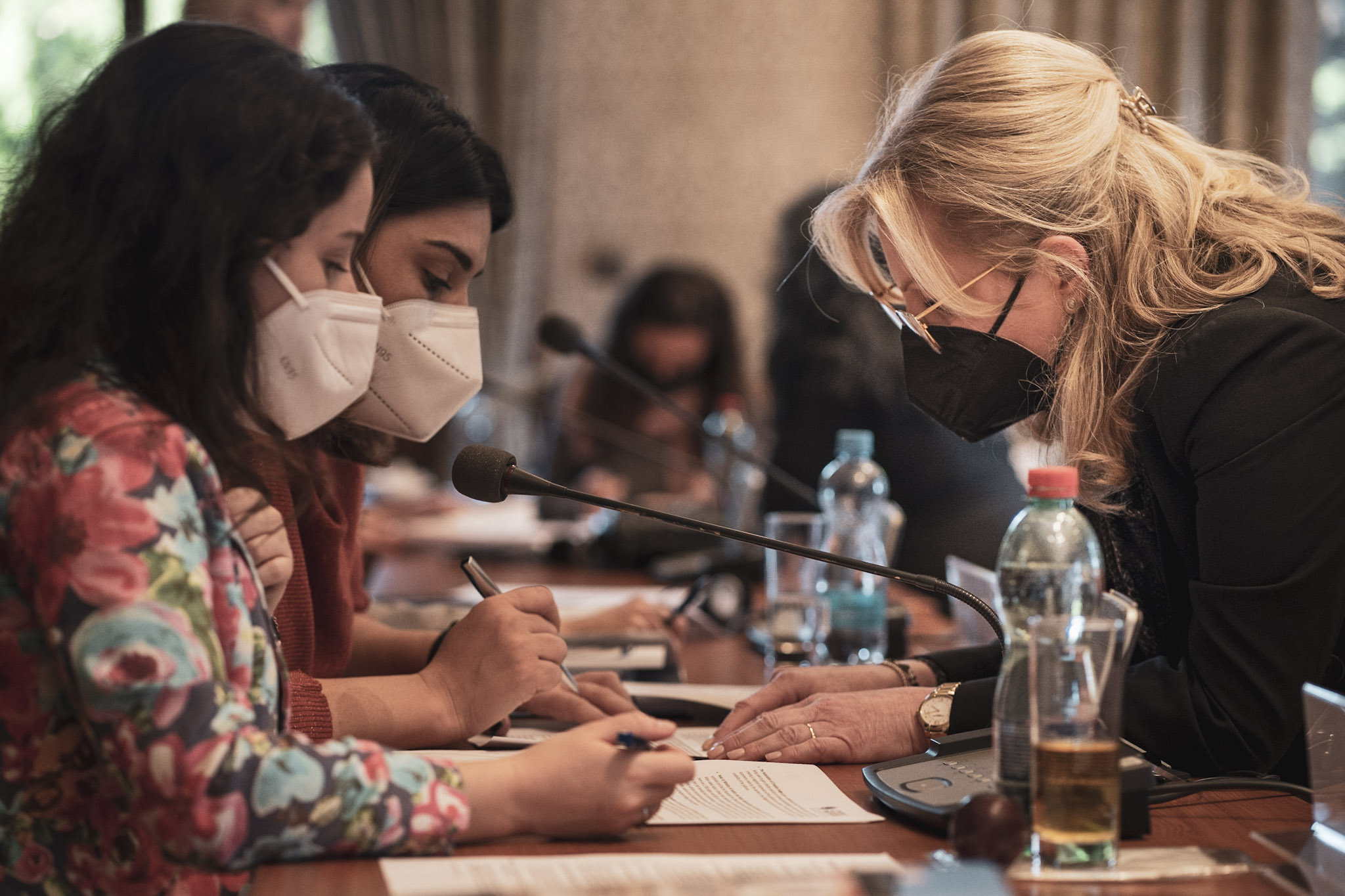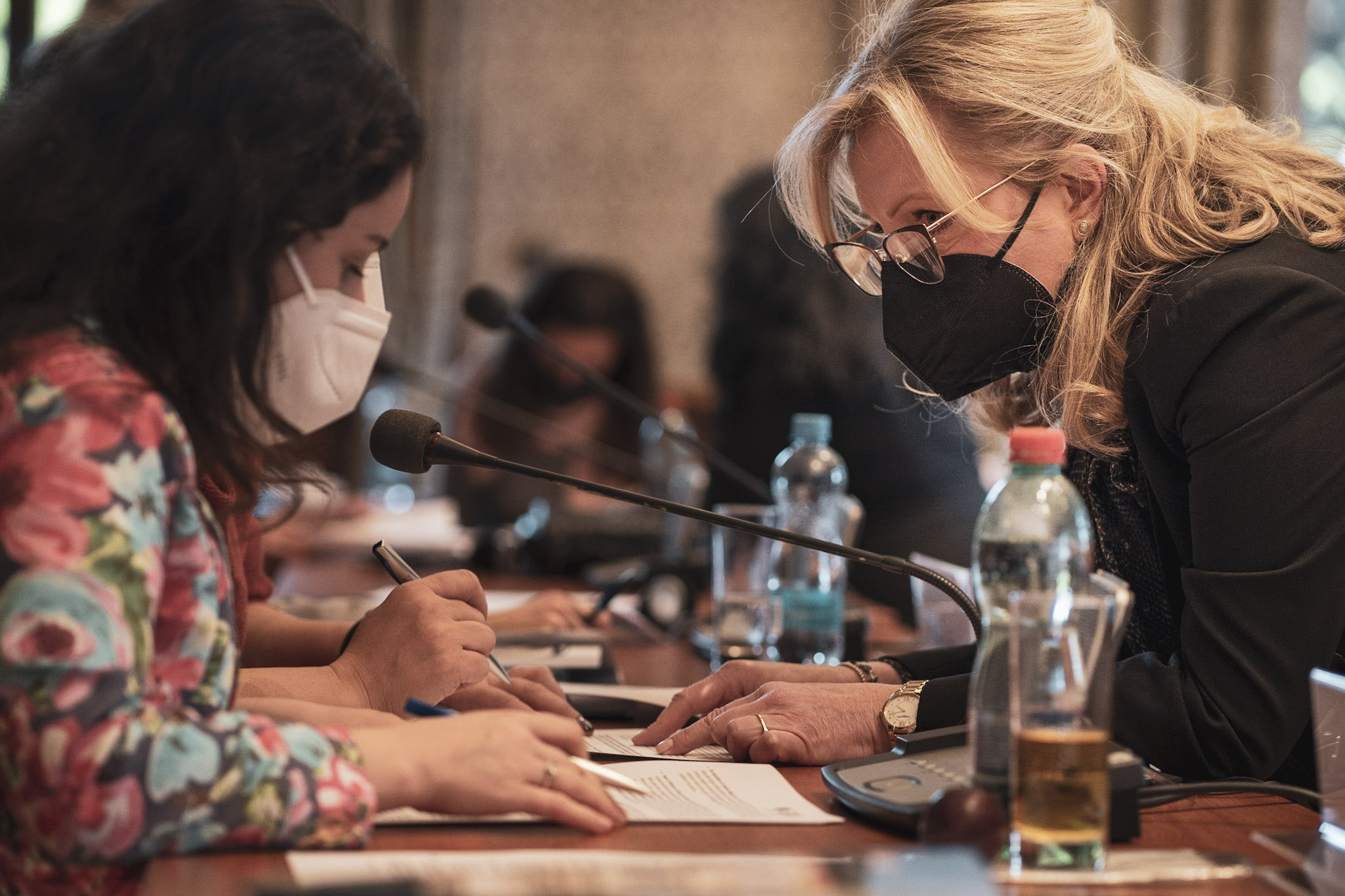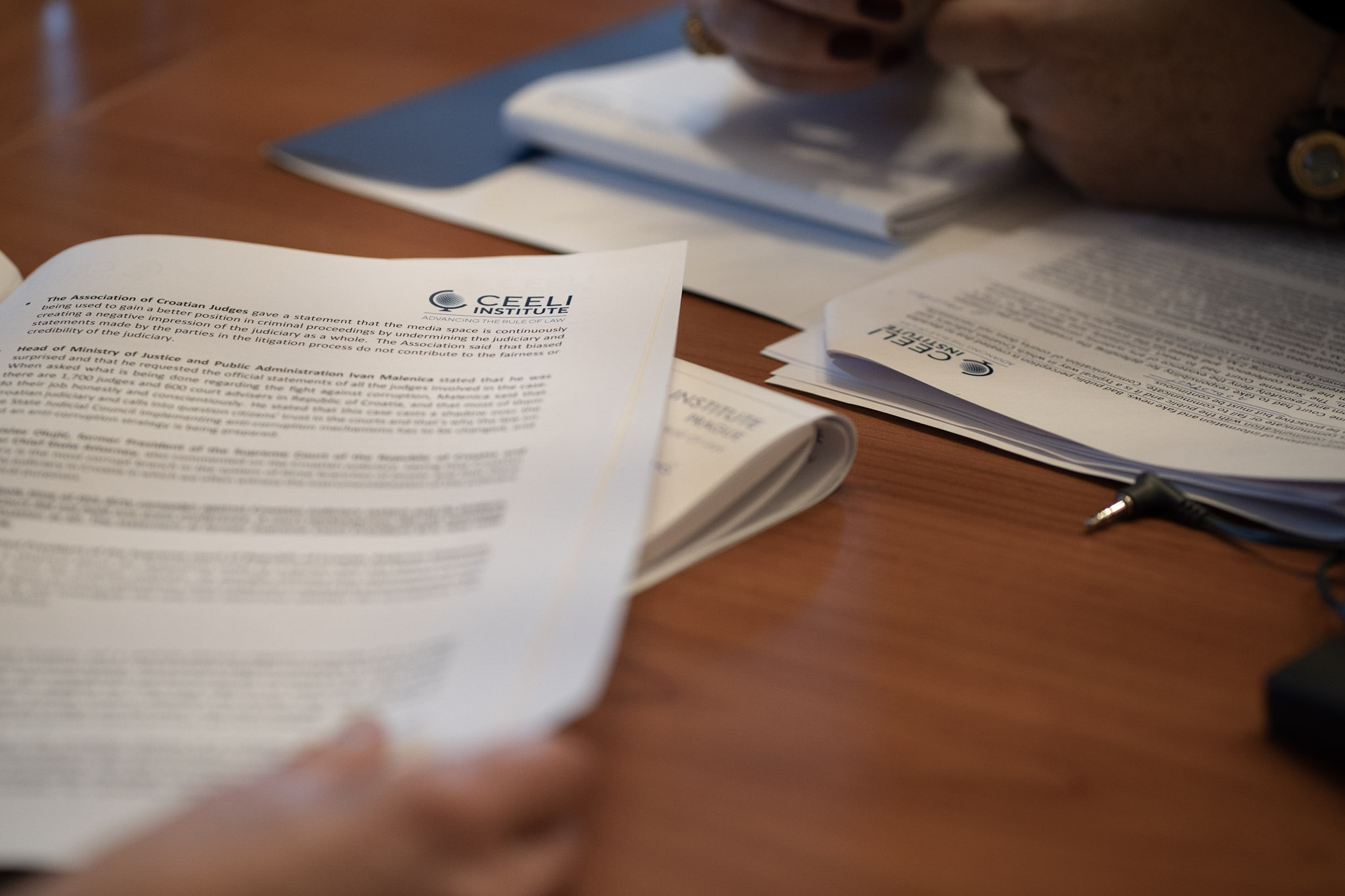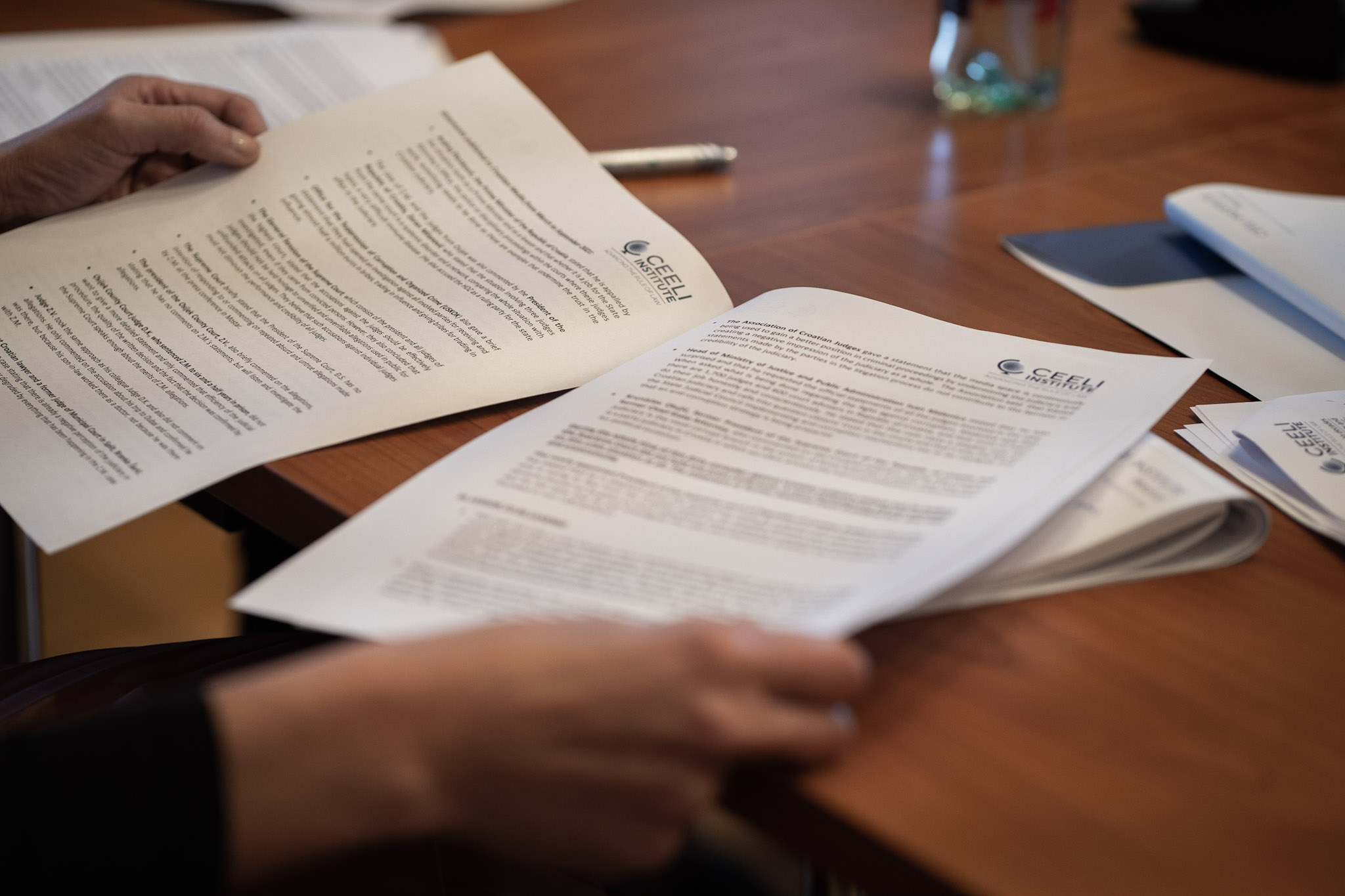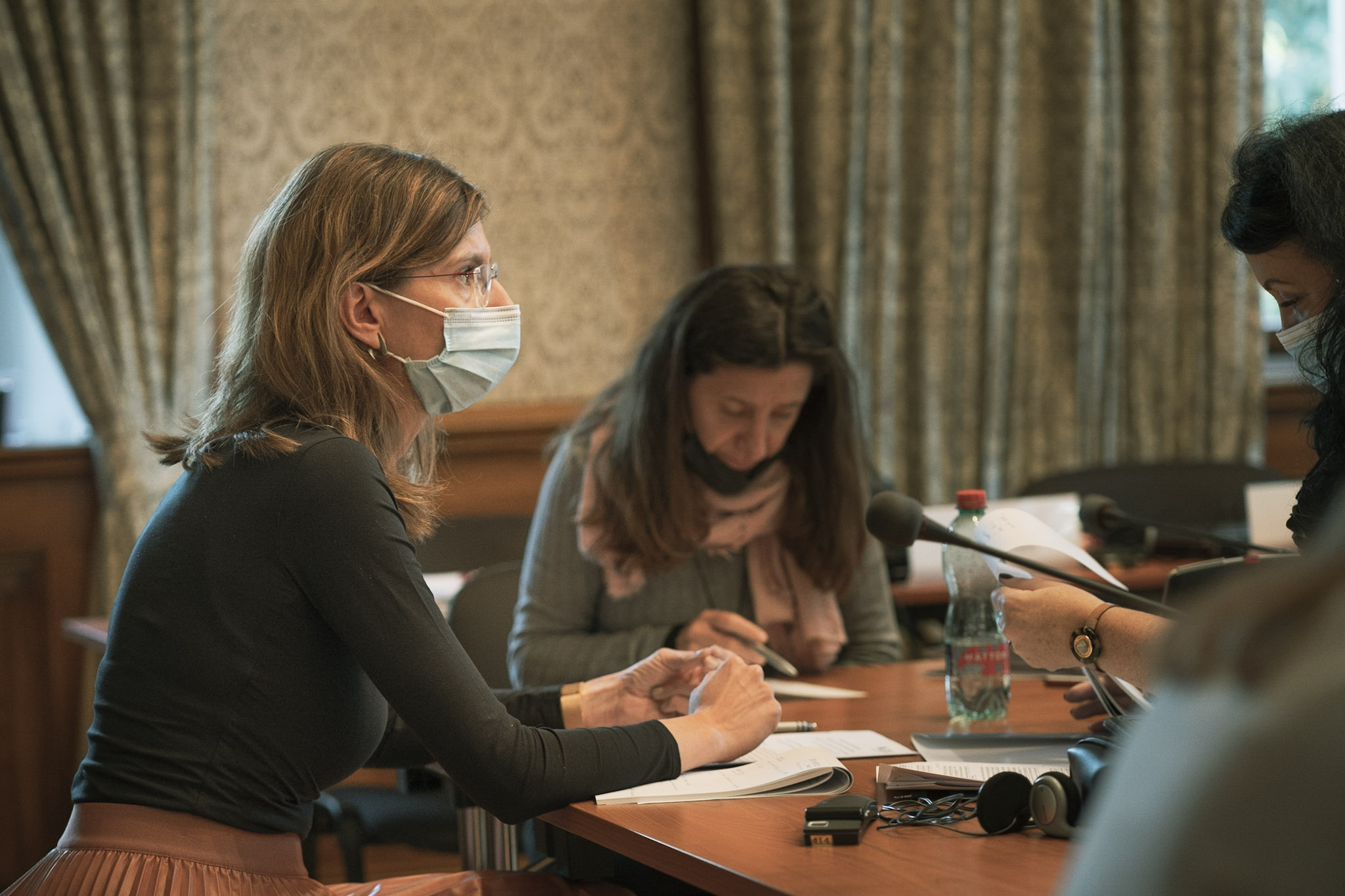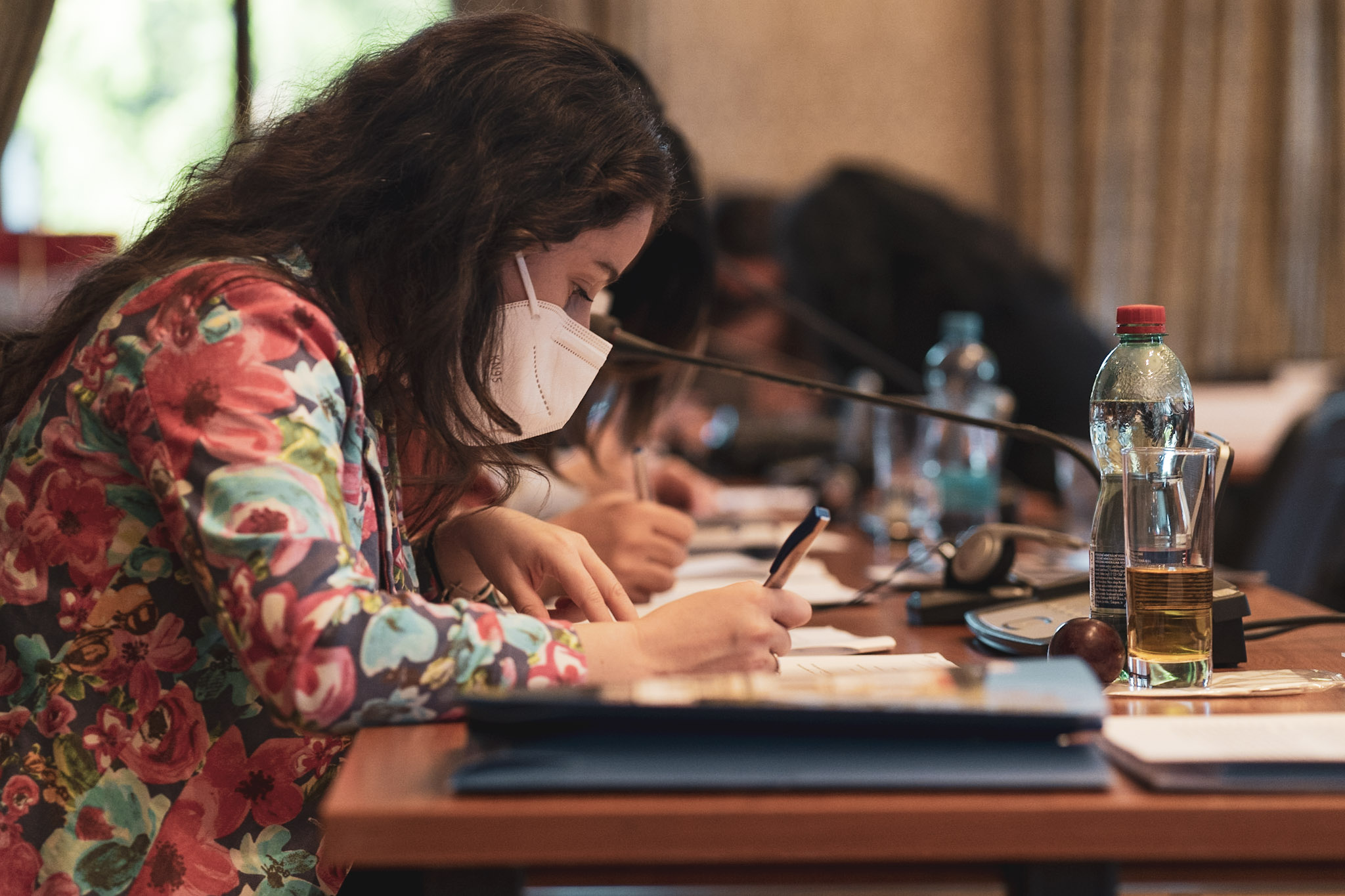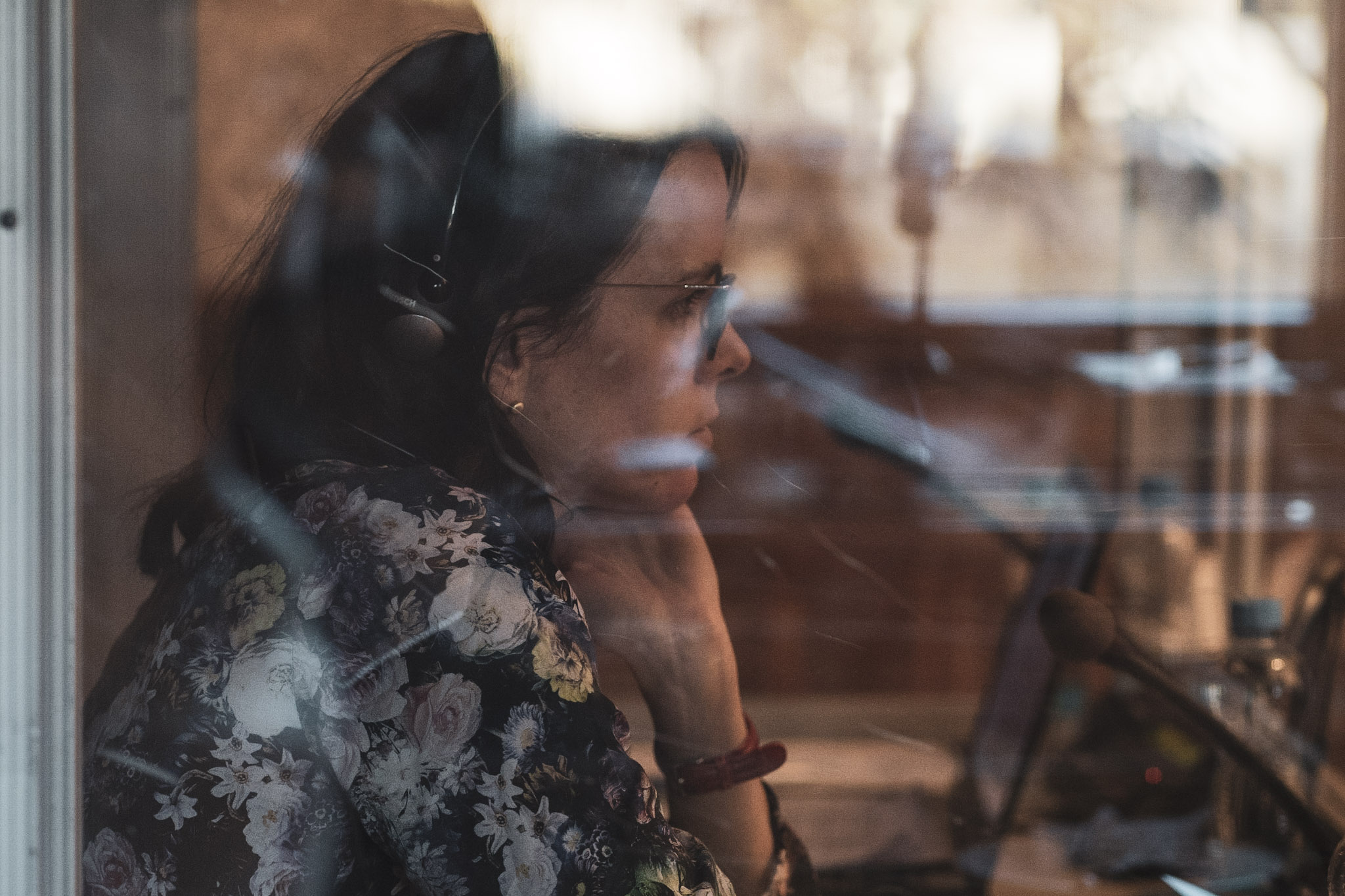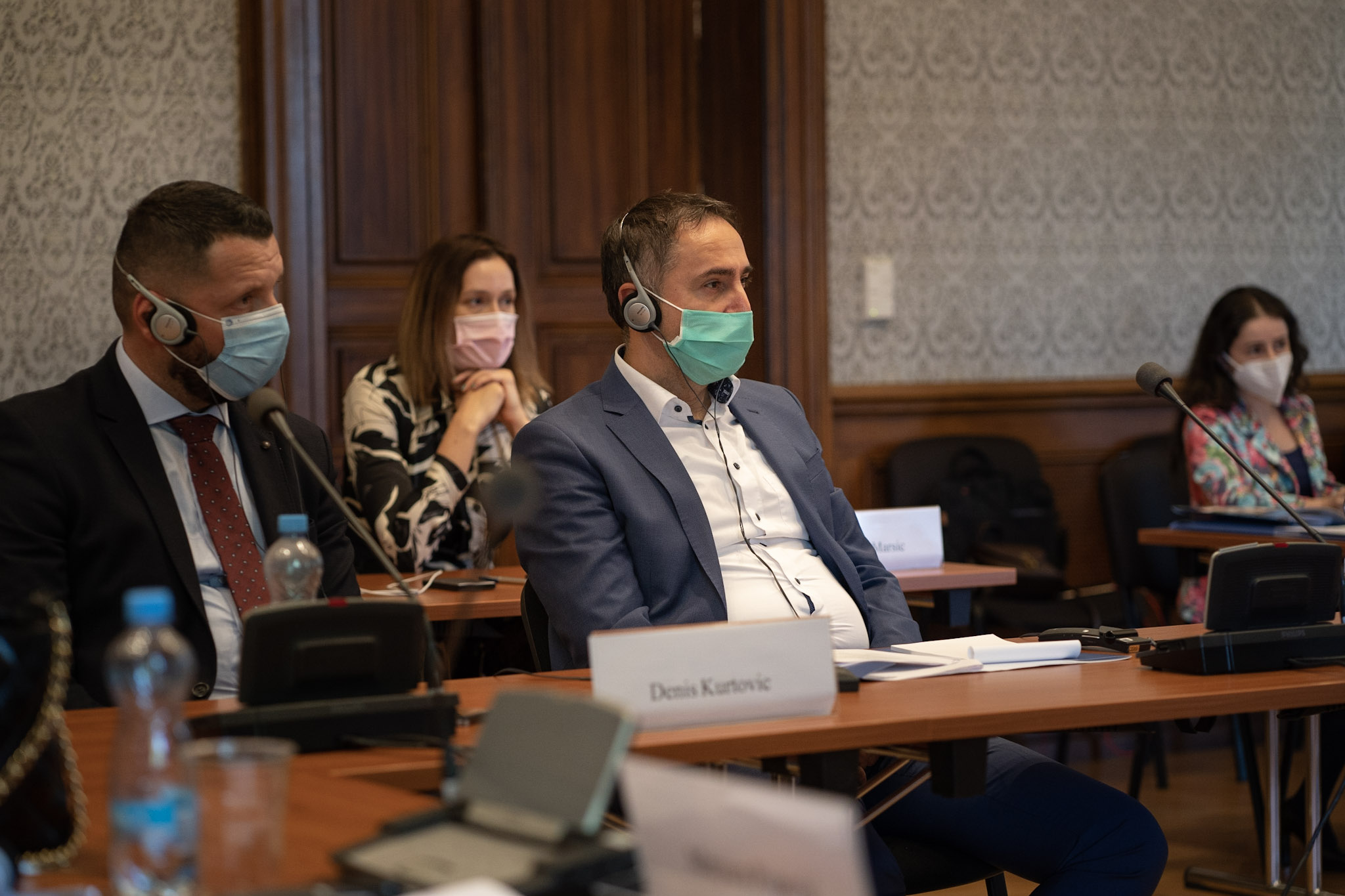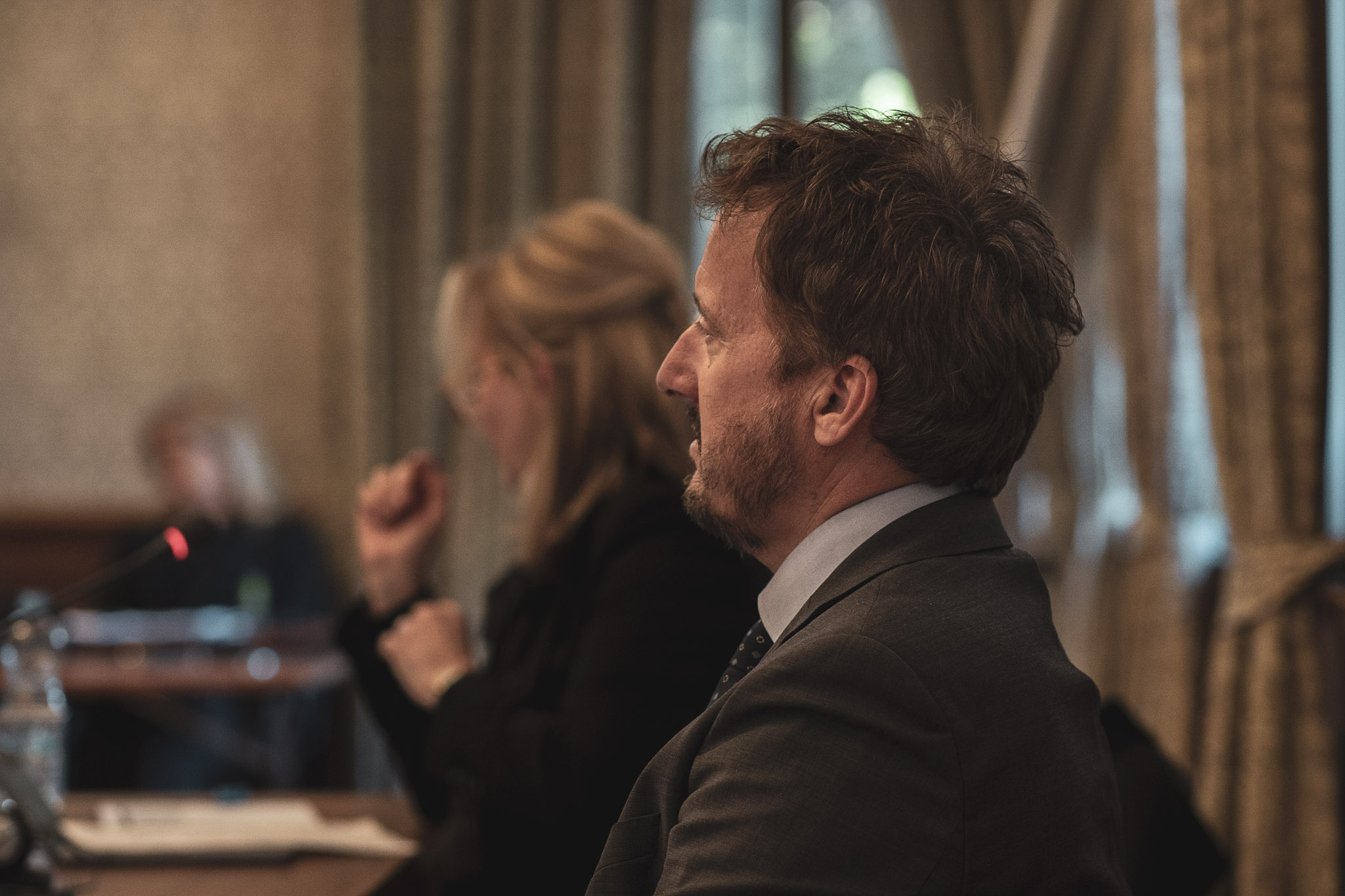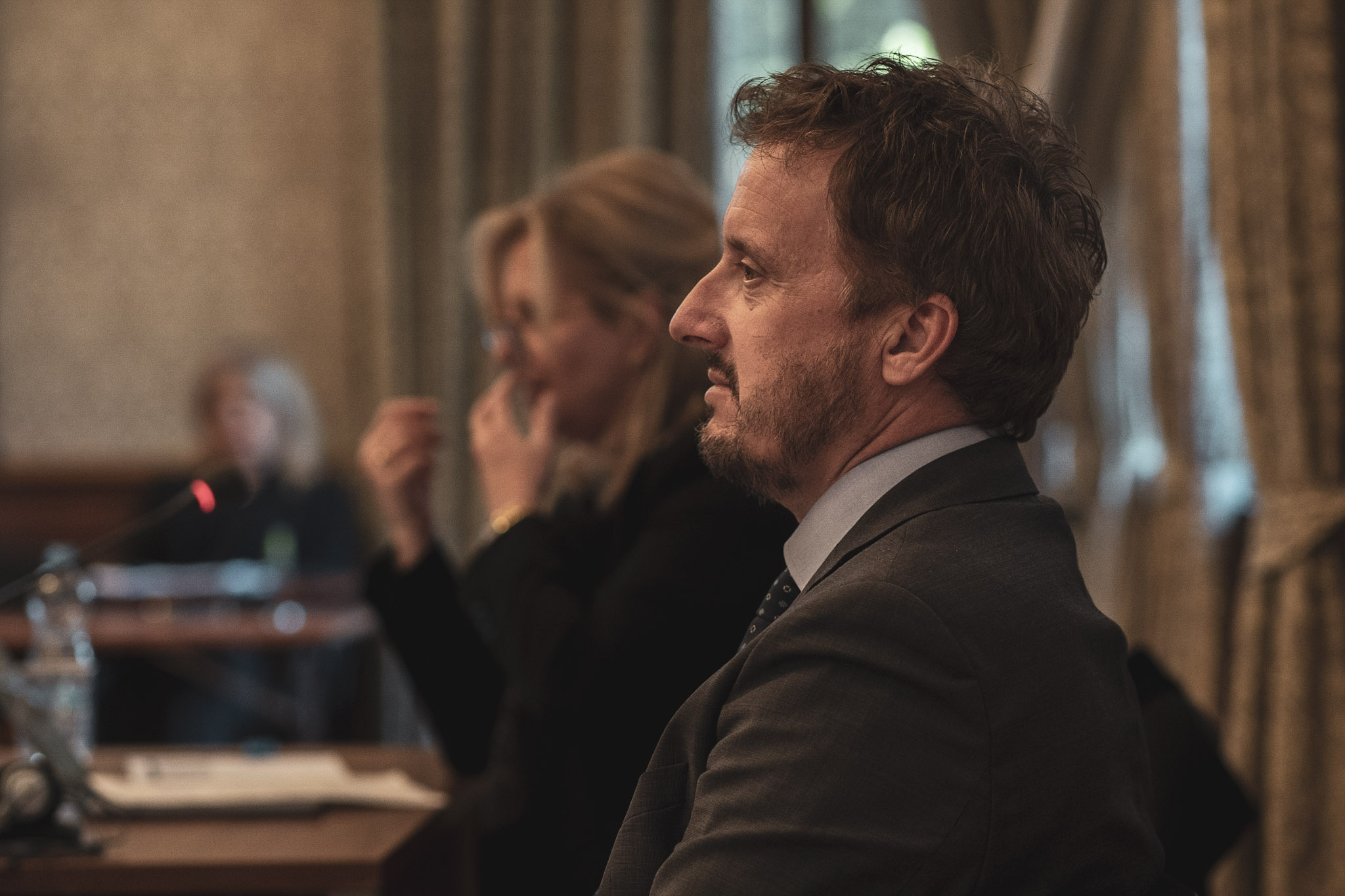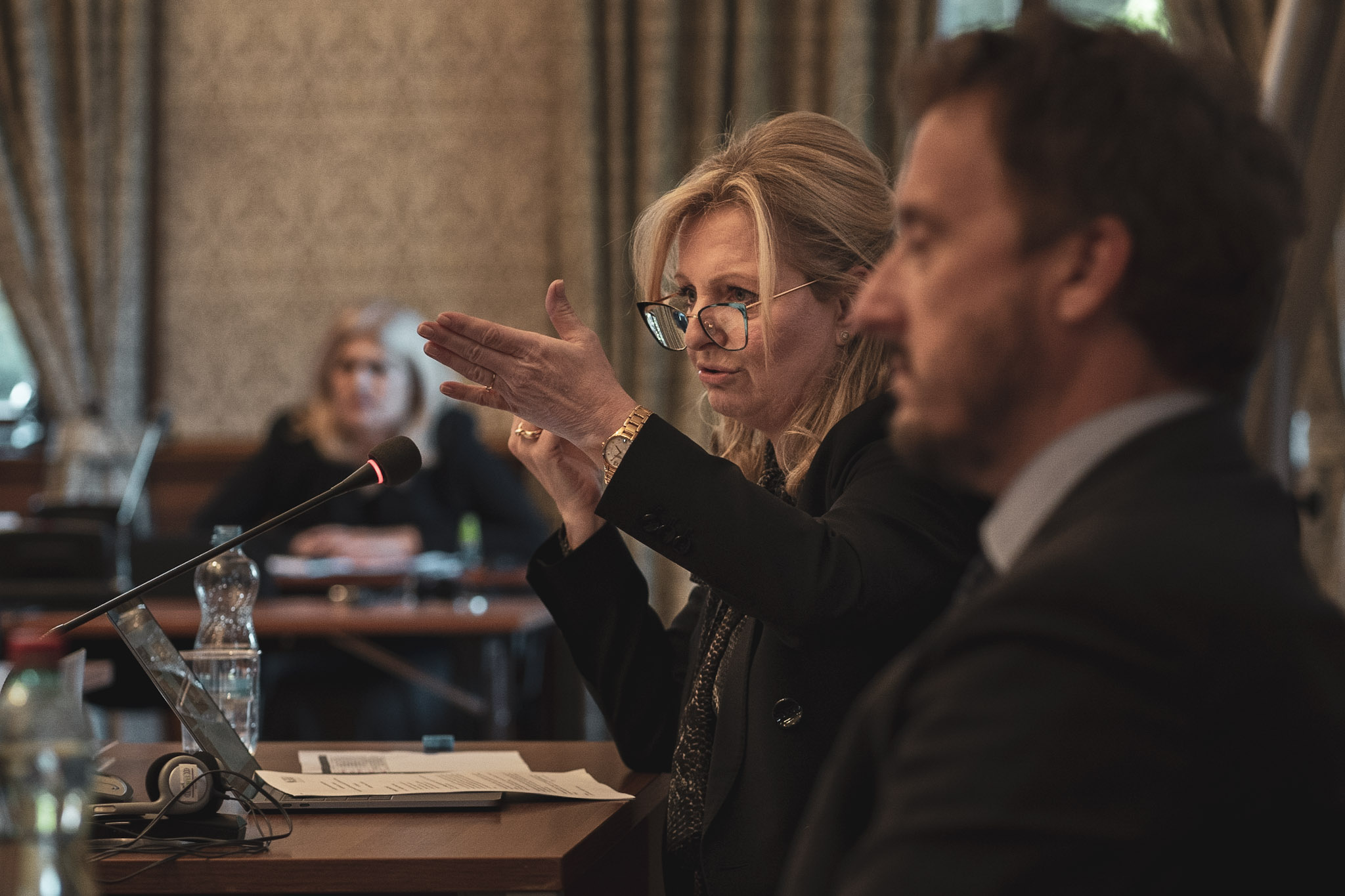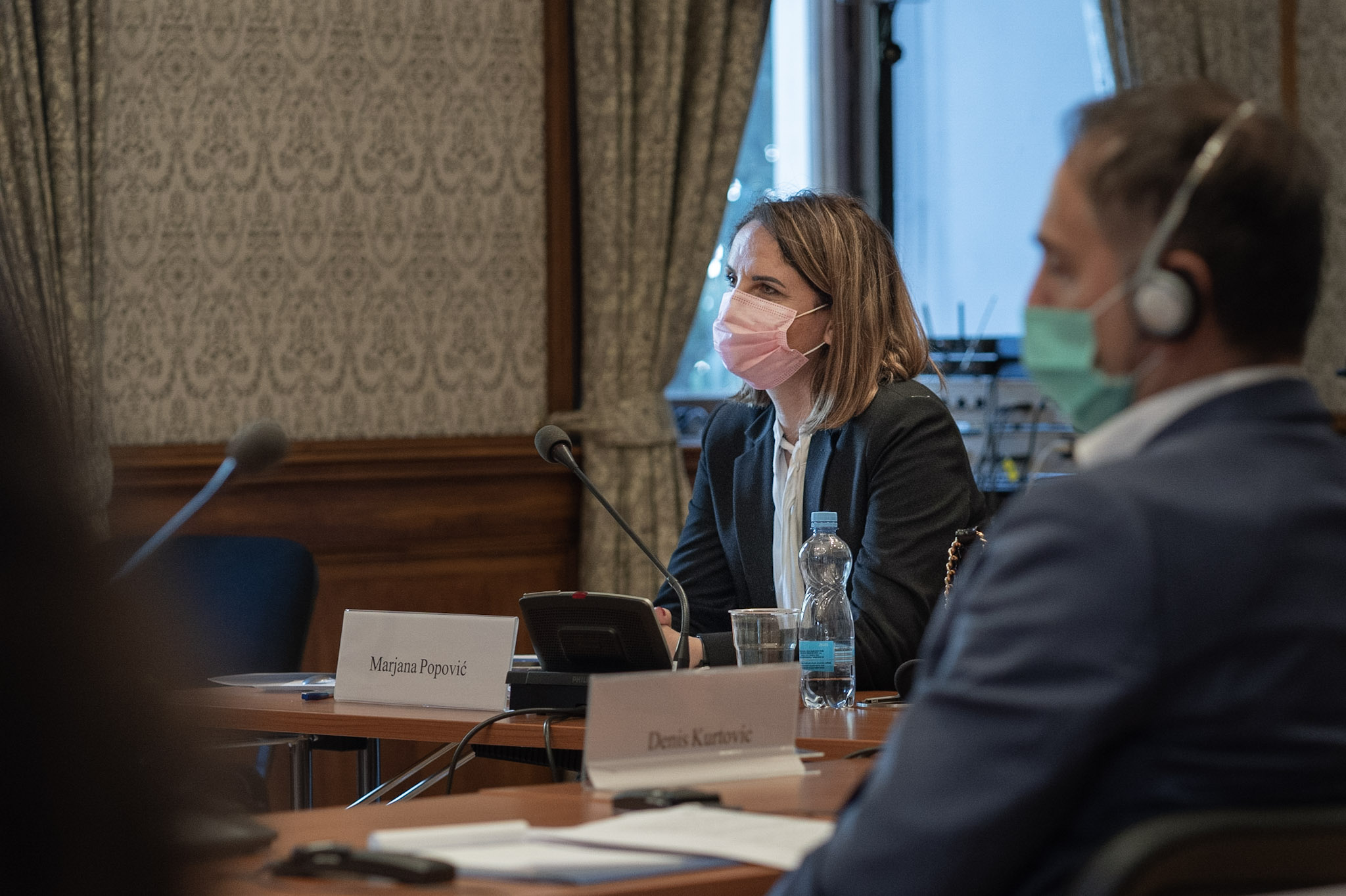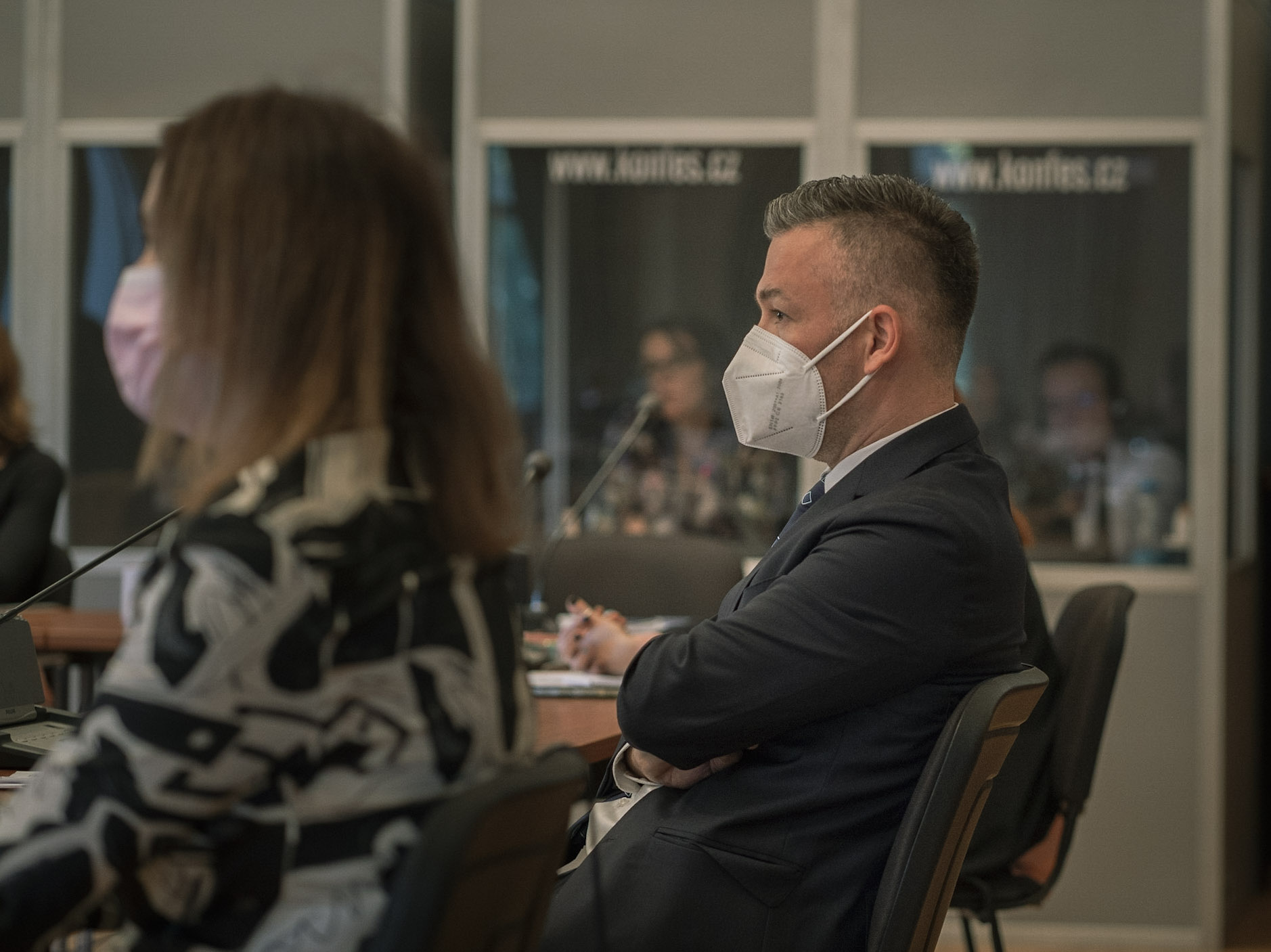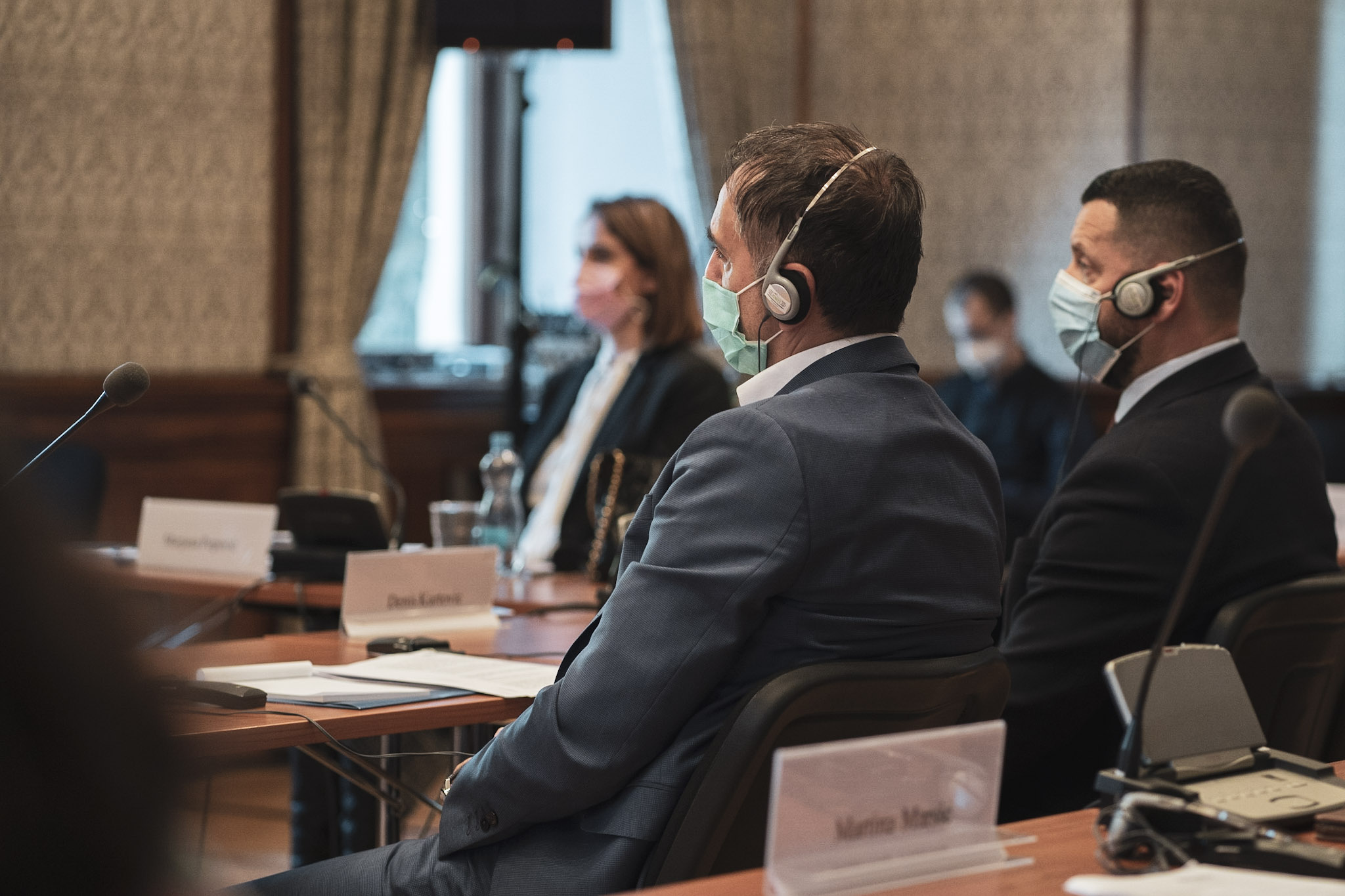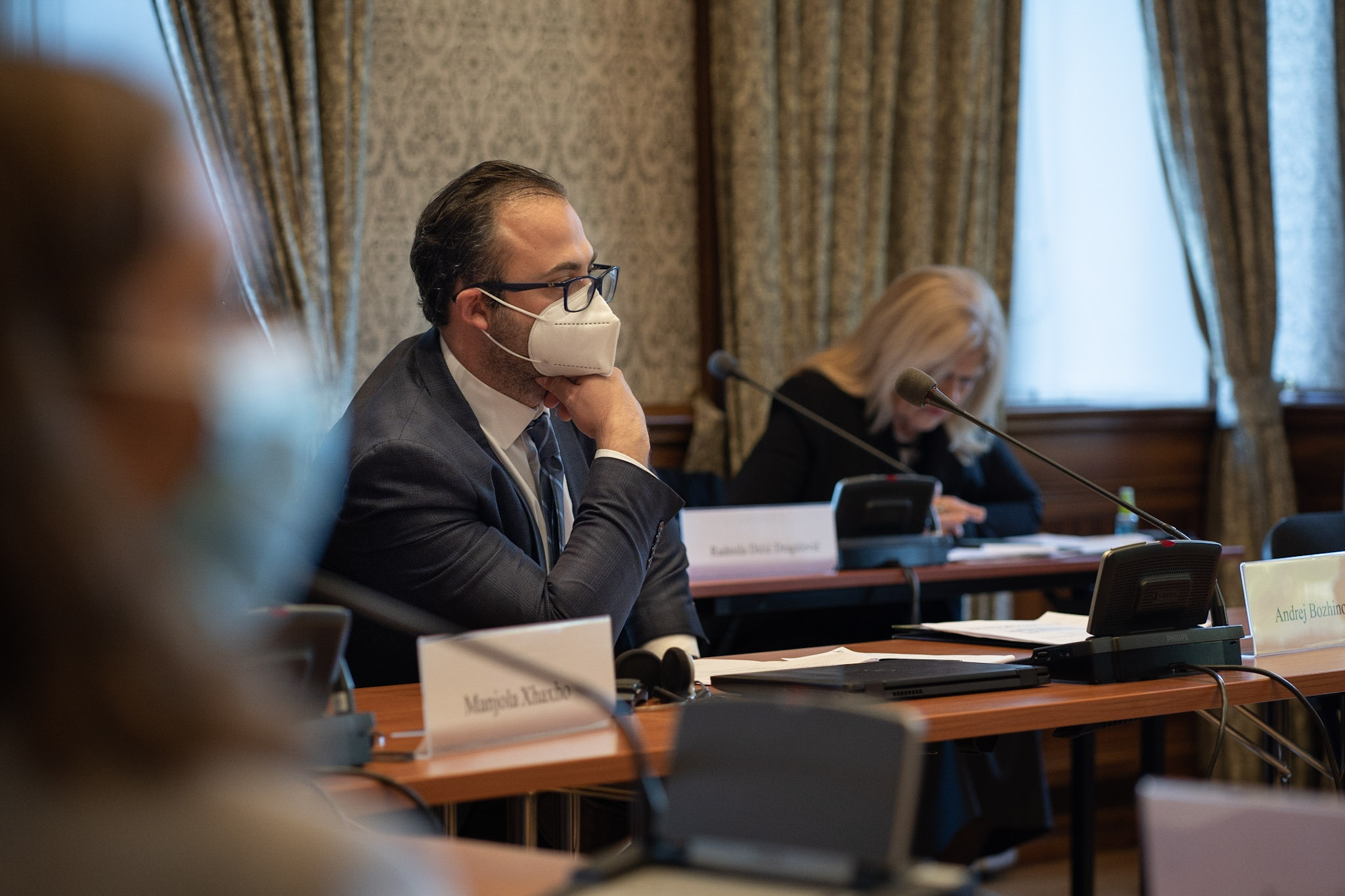Strengthening Communication Skills for Judges in Dealing with the Media and the Public
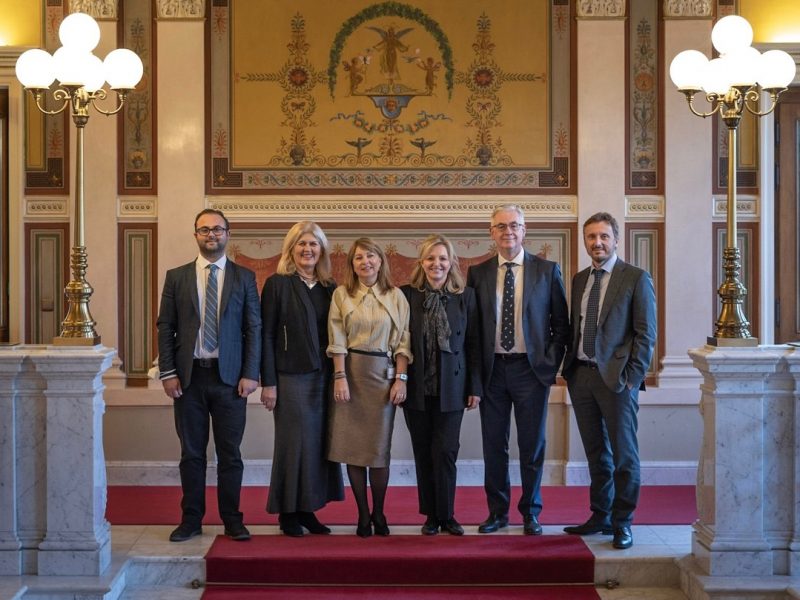
October 2021, CEELI Institute Prague, Czech Republic
An increasingly important aspect of the CEELI Institute’s continuing engagement with judiciaries across the region involves exploration of the relationships between the judiciary and the media. Discussions and materials addressing this topic are in high demand among judges who are faced with increasing media pressure, especially while handling politically sensitive cases and high-level corruption cases. Judges must also increasingly discuss the potential pitfalls surrounding the use of social media platforms. Judges are concerned about their rights to privacy in an age of increasing media attention, and are also unclear on where the boundaries should be set in dealing with the press. They are also challenged in balancing the public’s interest against the rights of the parties before the court. The CEELI Institute has been honored to work with an increasingly diverse cadre of experts in this field to explore these critical issues. We also work to foster communication skills of courts and judges in dealing with the public, and in responding to outside scrutiny. These issues are increasingly incorporated into many of the judicial programs now organized by the Institute.

As part of our ongoing work with the Central & Eastern European Judicial Exchange Network, the CEELI Institute organized a two-day workshop to strengthen dialogue and communication skills for judges and court spokespersons at the end of October. The training entitled “Strengthening Communication Skills for Judges in Dealing with the Media and the Public,” gathered judges, spokespersons, academics, and communication and rule of law experts from across Central and Eastern Europe and specifically from Albania, Croatia, Bosnia and Herzegovina, Georgia, Lithuania, Poland, Serbia and Slovenia. The tailored workshop provided the participants with knowledge on how to give effective media statements and to make the most out of media appearances, as well as identifying best practices in managing communications during a crisis. The faculty shared regional case studies from Croatia, North Macedonia, Serbia and Slovenia and many participants shared experiences from their own countries’ judiciaries.
Kudos to the fellow faculty members for making this possible:
Dr Freda Grealy, Ksenija Renko, judge Radmila Dičić Dragičević, judge Branko Hrvatin, judge Davor Dubravica, Andrej Božinovski, David Sellers, judge Paul Byron, judge Bernard McCluskey, judge Gabriela Gajdova, judge Gjorgji Andonov, Ioanna Lachana.
by Adrien MASSON
The innovative work at CEELI Institute has the capacity to lay the foundation for ground-breaking policy actions across the jurisprudences in Central and Eastern Europe. As a proud Faculty for this workshop on “Strengthening Communication Skills for Judges in Dealing with the Media and the Public” we discussed the approaches in choosing the best way to convey the message to the public and keep the balance between the respect of the presumption of innocence and keeping the public informed. We were pleased to see participants demonstrating a firm commitment to improving communication with the public and the media.
As expected, the approaches differ quite a bit, but it’s encouraging to see judges and spokespersons bringing new attention to choosing appropriate ways for communication, harmonization, and dialogue with the media and the public. The wind is blowing strongly in the direction of a new strategic communications model, suggesting giving life to Opinions 7,8,12 and 24 of the Consultative Council of European Judges in forming specialized bodies for easing of communication between judges and journalists. Judicial transparency and easy communication can be the new, achievable frontier for multilateralism.

